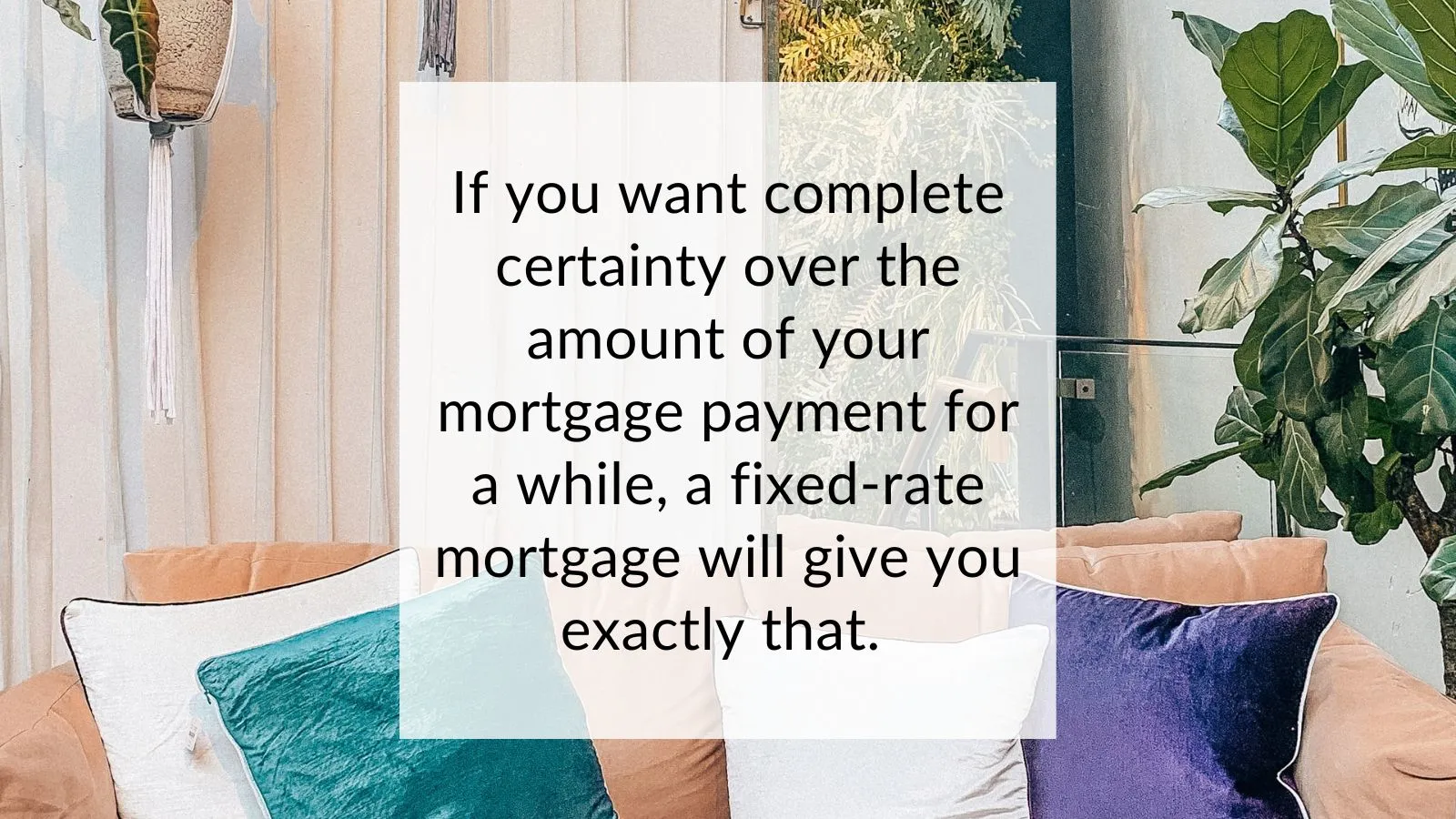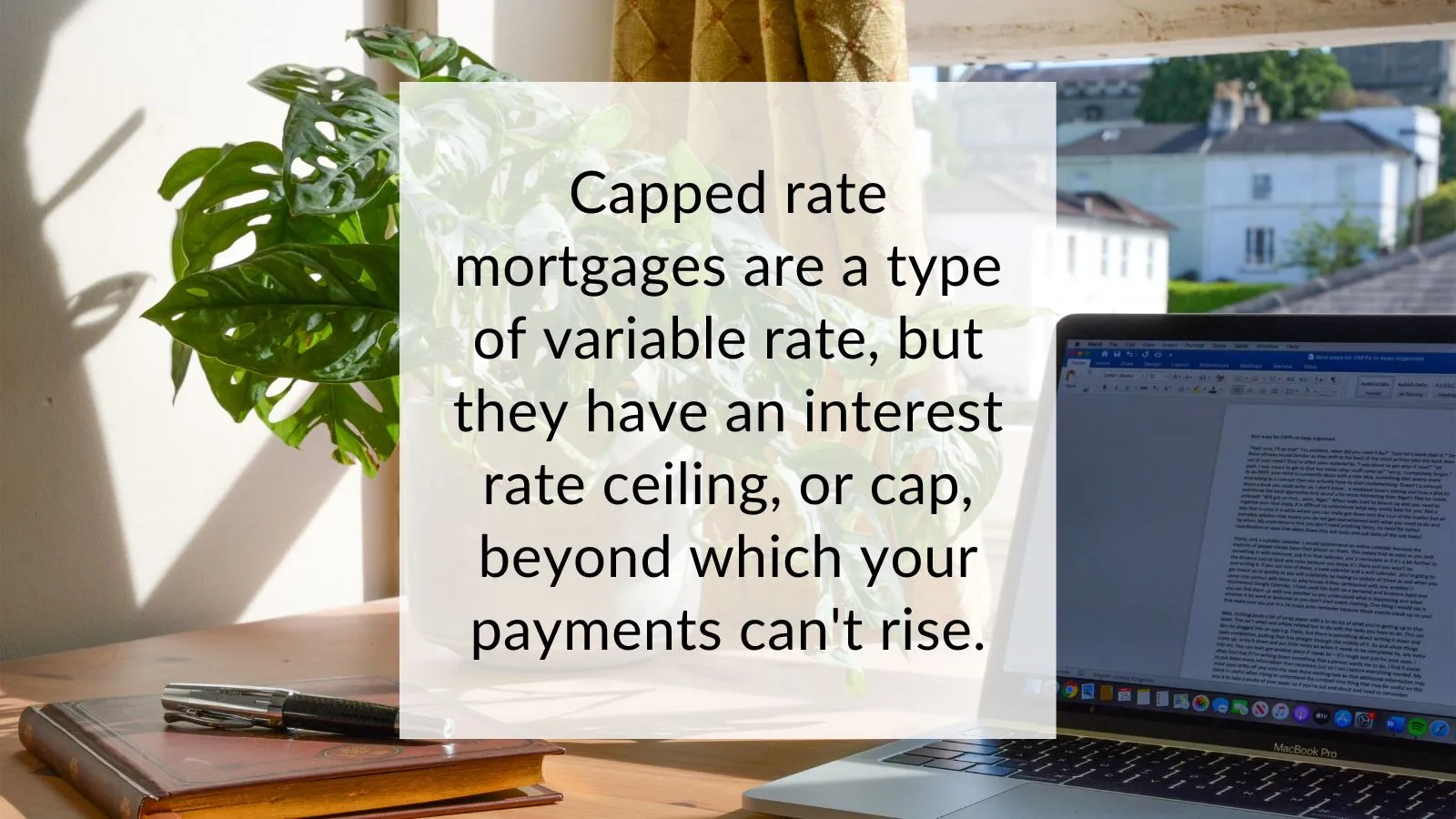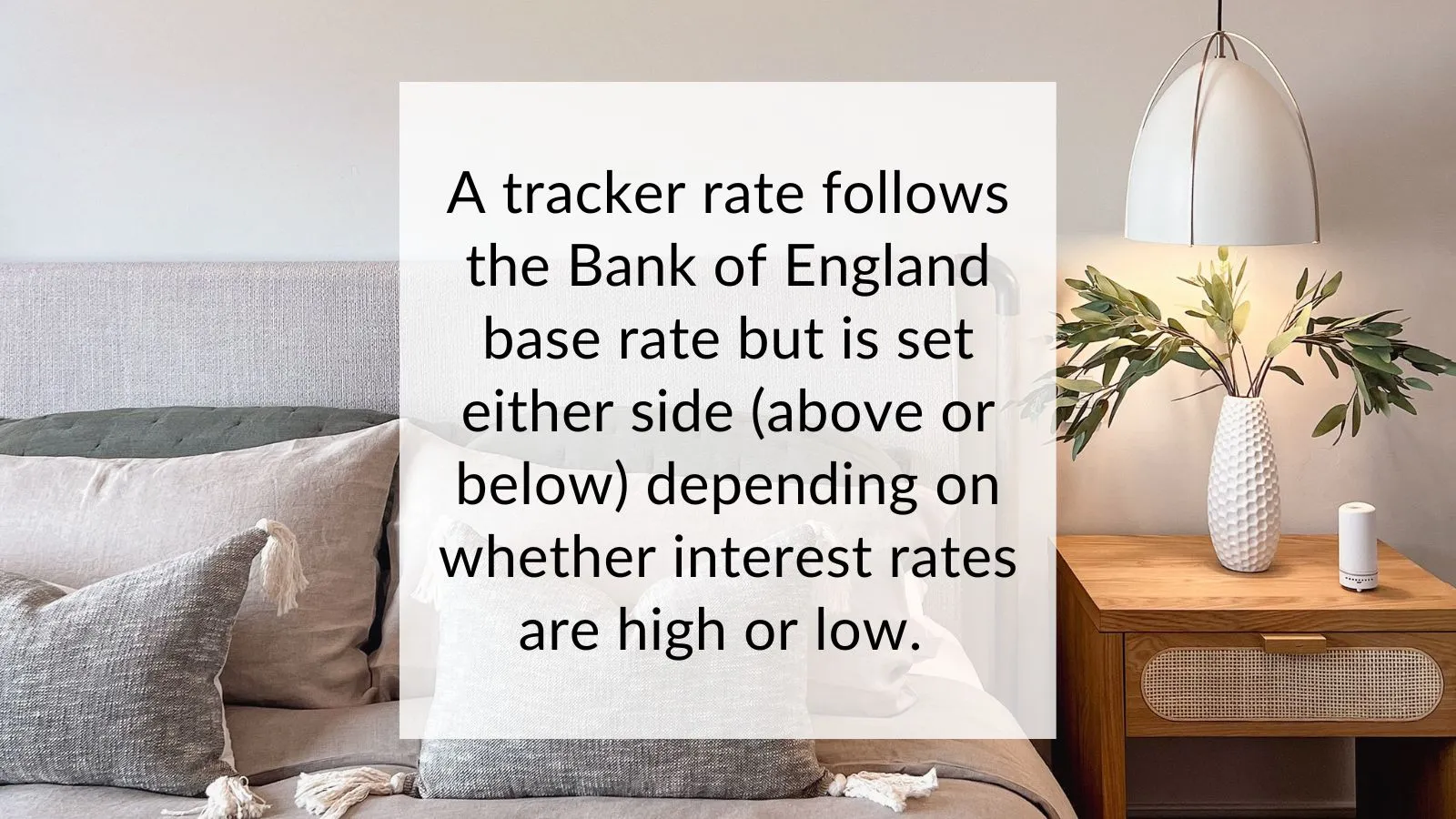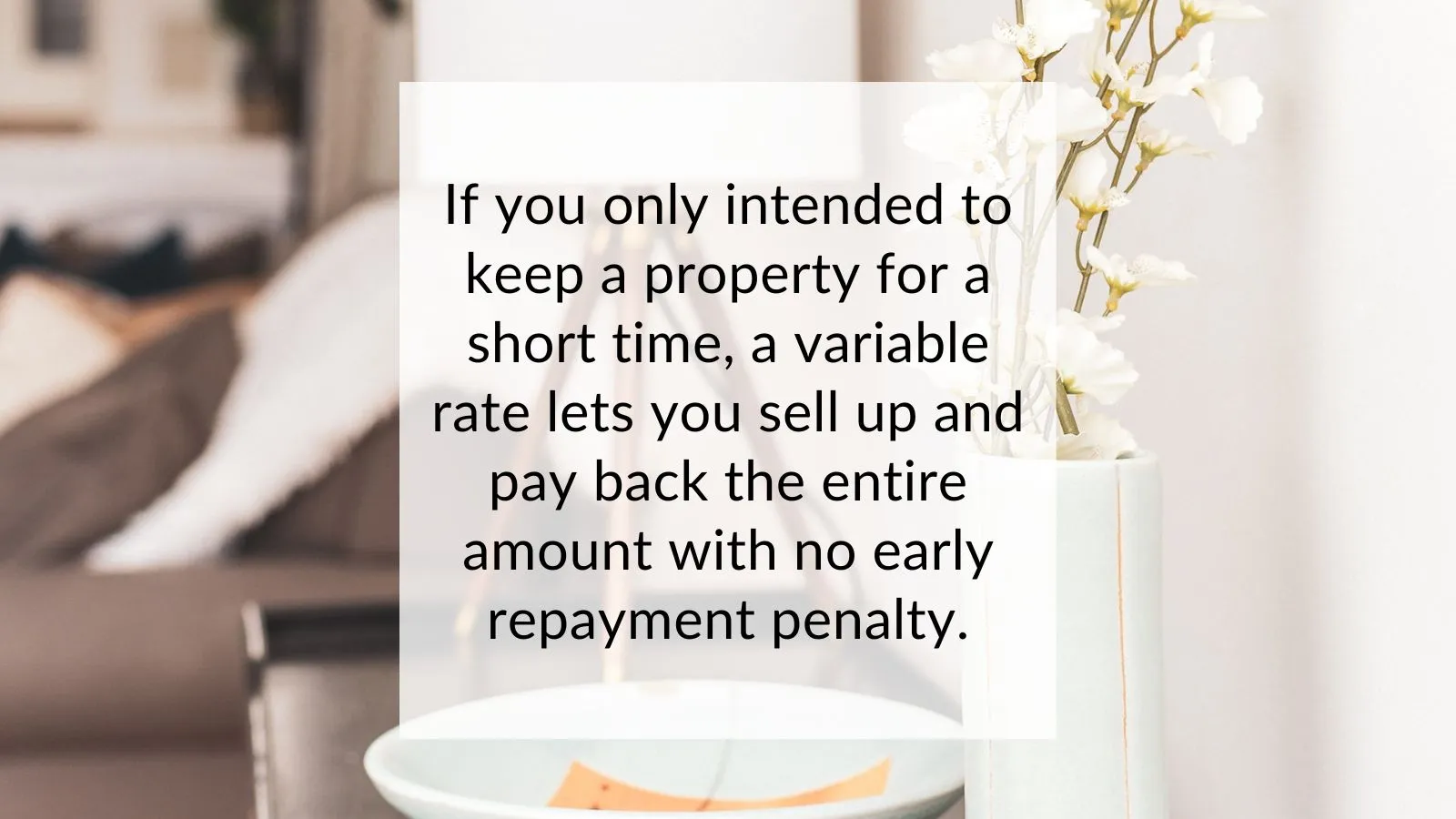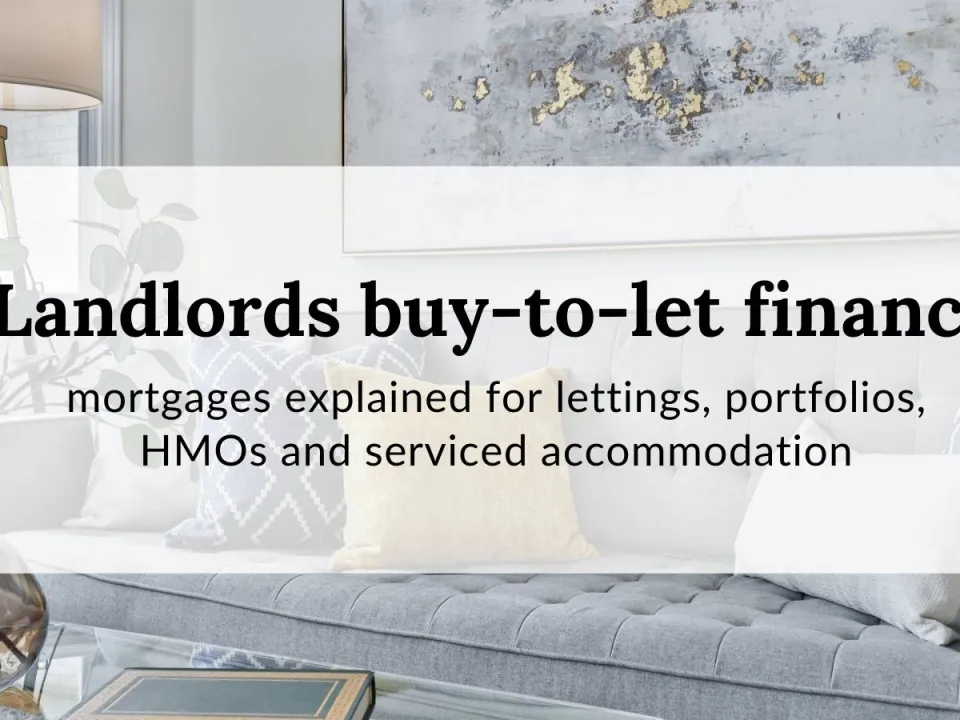Bewildered by the options? Boggled by the language? Bewitched by the offers? You are not alone.
The mortgage market has thousands of products from hundreds of lenders, each with its own specific commitments, benefits and penalties. So how do you make the right choice to ensure you don’t get stuck with the wrong loan for years?
That’s the question asked by everyone we meet, and while nothing beats discussing your mortgage options with an adviser to work out what’s right for you, let’s take a look at the different interest rate types that lenders offer and the reasons for choosing one product over another.
FIXED RATE
If you want complete certainty over the amount of your mortgage payment for a while, a fixed-rate mortgage will give you exactly that. Once the loan is activated, your monthly repayments will stay the same for a set period, generally between one and five years, but occasionally for longer. Ten-year products have become more common and there are also ‘fixed for life’ mortgages available now. With uncertainty around the world, many people are locking in a rate for the long term.

